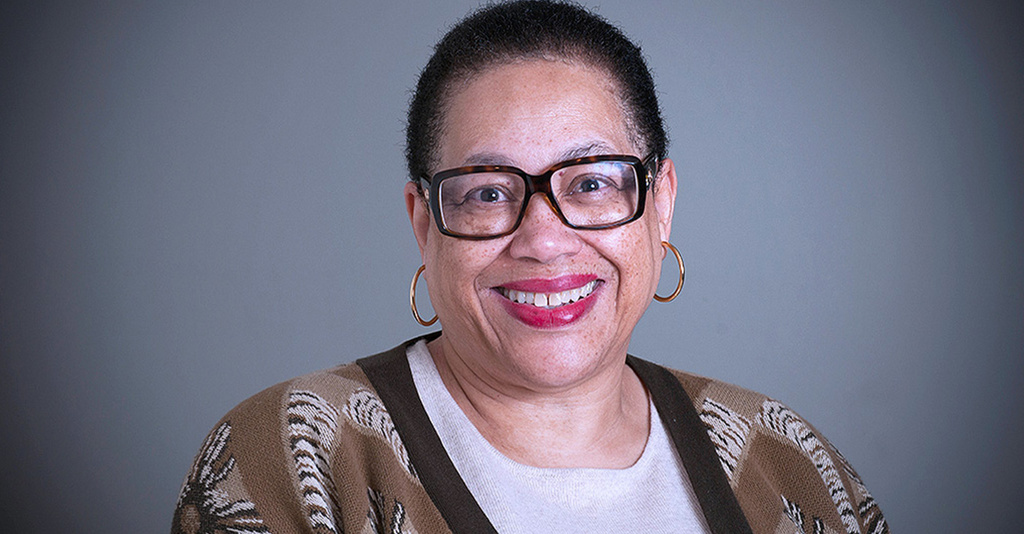[ad_1]
By Charlene Crowell
(TriceEdneyWire.com) – Anyone who struggles with the rising costs of living knows all too well how hard it is to try stretching dollars when there’s more month than money in the household. Predatory lending, like payday and car-title loans, worsen financial stress with triple-digit interest rates that deepen the debt owed with each renewal.
The irony is that many payday loan borrowers who needed just a few hundred dollars wind up owing thousands. And any loan whose accrued interest exceeds the principal borrowed is truly predatory.
In recent days, more than 100 Members of Congress stood in support of consumer protections against these debt trap loans. The effort, led by House Financial Services Chairwoman and California Rep. Maxine Waters, called upon the Consumer Financial Protection Bureau (CFPB) to do two things: stop delaying the current rule from taking effect, and preserve the existing rule’s requirement that lenders only make loans to consumers whom could afford repayment.

The Aug. 23 letter to CFPB minced no words.
“Experts have noted that payday loans often target communities of color, military servicemembers, and seniors,” wrote the members, “charging billions of dollars a year in unaffordable loans to borrowers with an average annual income of $25,000 to $30,000.”
“The Consumer Bureau’s proposal represents a betrayal of its statutory purpose and objectives to put consumers, rather than lenders, first,” continued the members. “Moreover, the Bureau has offered no new evidence and no rational basis to remove the ability to repay provisions. We think you should immediately rescind the harmful proposal to roll back the 2017 payday rule.”
These direct rebukes were reactions to CFPB’s 15-month delay of a long-awaited consumer-friendly rule that was scheduled to take effect on Aug. 19.
In today’s contentious Washington, getting strong support for any pro-consumer issue seems particularly difficult. Even so, the August letter to CFPB Director Kathleen Kraninger included representatives from 31 states, including those with some of the highest annual percentage rates found across the country. For example, the typical payday loan in California comes with 460 percent interest and the largest number of state signatories also came from California: 15.
Although no other state’s signatories were that numerous, the clear expression of genuine consumer protection against this heinous predatory loan in other areas with rates near or exceeding 400 percent is noteworthy: Texas (661 percent), Wisconsin (574 percent), Missouri (462 percent), and Illinois (404 percent).
Yet a closer examination of the signatories reveals that despite sizeable support expressed in the letter, there are still 435 officials in the House of Representatives. The recent letter represents about 23 percent of the entire House. That small percentage signals that many more Members of Congress need to make clear that they stand on the side of the people – and not with payday lenders’ 400 percent interest rates.
Across the country, communities of color are where payday and car-title loan stores are the most prevalent. Among Congressional Black Caucus members serving in the House, 58 percent added their names and support to this important letter.
New research on the nation’s wealth gap by McKinsey & Company found that 65 percent of Black America lives in one of 16 states: Alabama, Arkansas, Delaware, Florida, Georgia, Illinois, Louisiana, Maryland, Michigan, Mississippi, New Jersey, New York, North Carolina, South Carolina, Tennessee and Virginia.
Among these 16 states, only Arkansas, Georgia and North Carolina have enacted 36 percent or less payday loan rate caps. The remaining 13 states have typical triple-digit payday loan interest rates that range from a low of 304 percent in Florida to a high of 521 percent in Mississippi. Multiple CBC members also represent districts in these states.
Speaking at a House Financial Services subcommittee hearing held on April 30, Diane Standaert, an EVP and Director of State Policy with the Center for Responsible Lending testified of the rippling reasons that payday loans need regulation.
“Allowing the 2017 rule to go into effect as planned is the bare minimum that the CFPB should do,” said Standaert. “It is absurd that we should even have to make such a straightforward request of an agency whose charge is to protect consumers from unfair, deceptive, and abusive financial practices.”
The Rev. Dr. Frederick Douglass Haynes III, senior pastor of Dallas’s Friendship West Baptist Church, also testified at the April hearing.
Said Rev. Dr. Haynes, “Payday predators hijack the hopes of the vulnerable and re-victimize them by baiting them into a debt trap…It is reprehensible that there may be a plan to open the way for old bank payday loans to re-enter the marketplace, as well as predatory high-cost bank installment loans.”
Charlene Crowell is the Center for Responsible Lending’s Communications Deputy Director. She can be reached at [email protected].
[ad_2]
Source link

